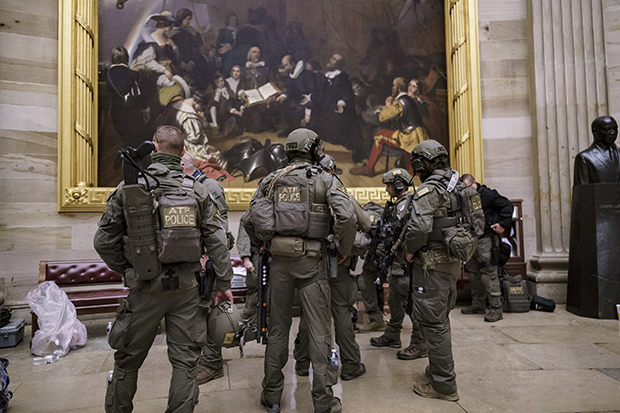Democrats, Republicans adopt divergent campaign strategies amid pandemic
Julia Shumway//June 26, 2020//[read_meter]
Democrats, Republicans adopt divergent campaign strategies amid pandemic
Julia Shumway//June 26, 2020//[read_meter]
Democratic legislative candidate Felicia French, who just returned from volunteering as a nurse on the Navajo Nation for a month, went back to a campaign that couldn’t look more different...

















